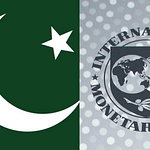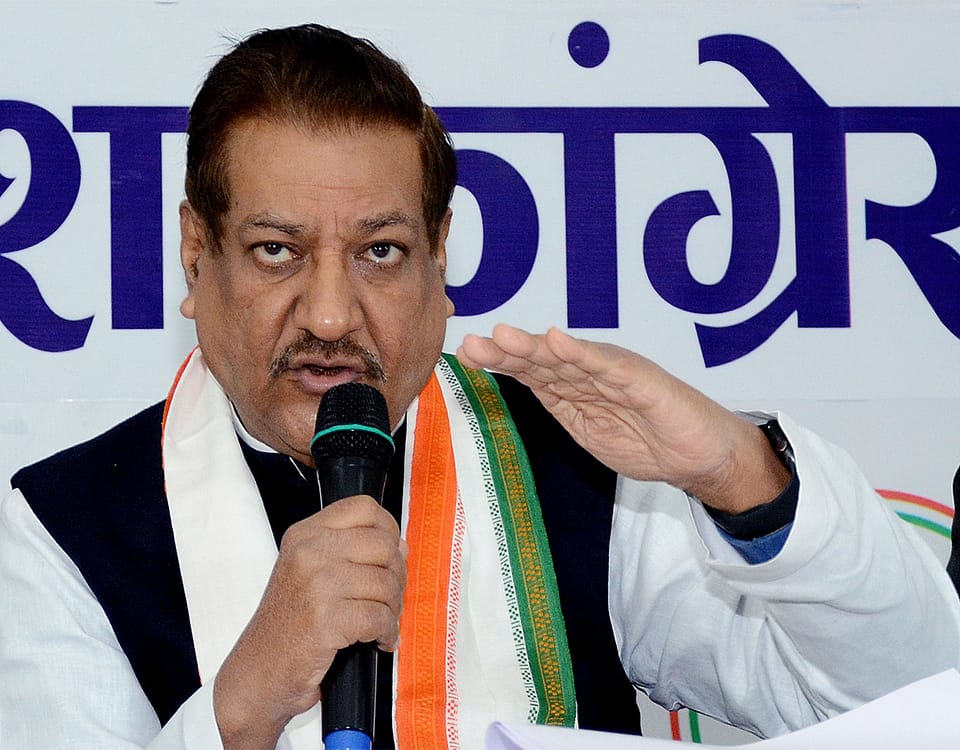
IMF Presses Pakistan on Trade-Based Money Laundering: Demands Reforms, Transparency
September 30, 2025
Palestine Welcomes Trump’s Peace Push, Reiterates Path to Sovereignty
September 30, 2025Islamabad, 30 September 2025 — Pakistan’s Deputy Prime Minister and Foreign Minister Ishaq Dar affirmed today that Islamabad supports an international peace plan for Palestine which envisions deploying a peace force in Gaza. He called Pakistan’s potential participation “a matter of national pride,” while noting that the final decision on sending personnel lies with the country’s leadership.
Dar spoke at a press briefing in Islamabad, stating that eight countries had worked closely to craft the agreement aimed at stabilizing Gaza, and that the bulk of personnel in this peacekeeping force would come from Palestinians themselves.
Pakistan’s Stakes & Limits
Dar emphasized that Pakistan has not yet made a binding commitment to deploy troops. The choice, he said, will be made at the highest level.
He clarified that the operations envisioned by the plan would see local Palestinian law enforcement agencies handle internal security, while the international force would offer support around external and stabilizing aspects.
On the 20-point U.S. peace plan, Dar stated that the version published by Washington is not the same as the negotiated draft; Pakistan and the coalition of Muslim nations made modifications.
He also stressed that Pakistan has not engaged directly with Israel in these negotiations; instead, it worked through the U.S. and regional partners.
Challenges, Risks & Questions
- Credibility vs. optics: The symbolic value of sending troops is high, but the real risk is in overpromising and underdelivering.
- Operational clarity: Who commands this force? How will its rules of engagement work? The division of roles between Palestinians vs outsiders is delicate.
- Consent and legitimacy: Will all Palestinian factions, especially Hamas, accept this framework? Dar claims assurances from five Arab nations that Hamas will not oppose it.
- Sovereignty concerns: A force intervening in a disputed territory must tread carefully around national sovereignty, external pressure, and local perceptions.
- UN documentation & oversight: Pakistan insists any deployment must be documented at the UN; for legitimacy and checks.
- Political backlash: Domestically, critics might portray deployment as external meddling, or as doing “others’ wars.”
Historical Context & Pakistan’s Peacekeeping Legacy
Pakistan’s involvement in international peacekeeping missions is not new. Over decades, the country has contributed troops to numerous UN operations—its reputation in this arena is well established.
Moreover, Pakistan has long supported the Palestinian cause diplomatically: it has historically not recognized Israel and perceives alignment with Arab and Islamic blocs.
But this proposed peace force represents a shift from diplomatic support to possible active involvement—something that will raise the bar in terms of accountability, logistics, risks, and expectations.




